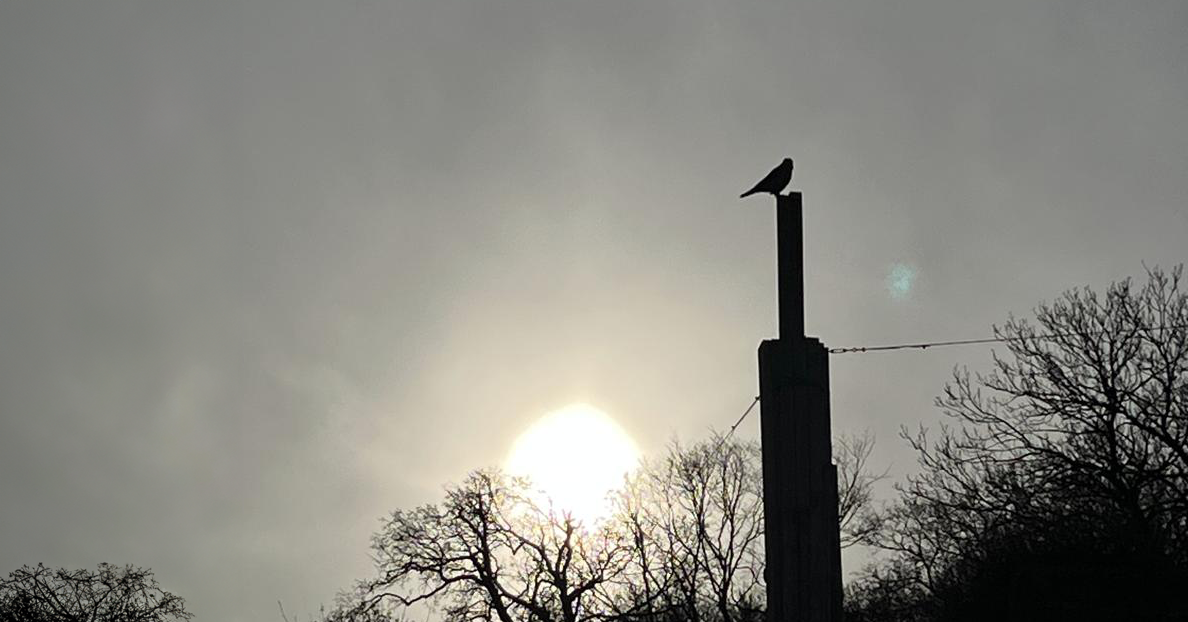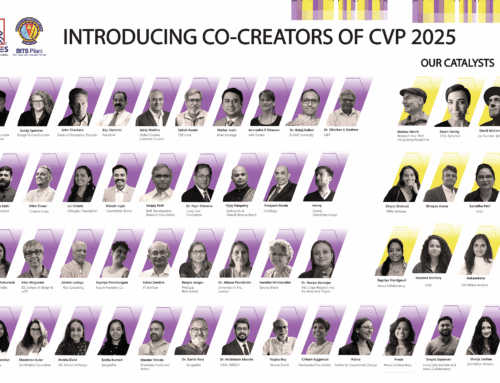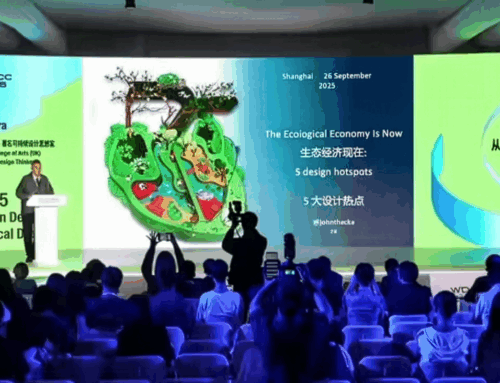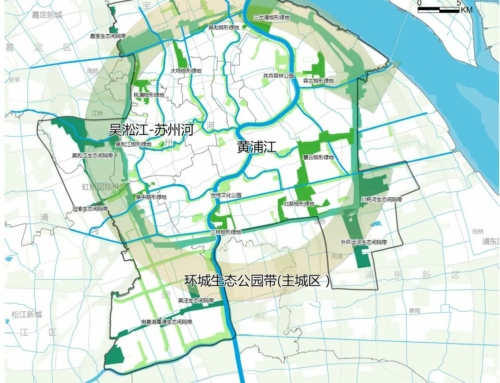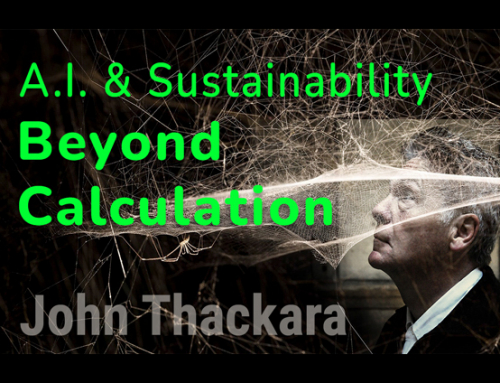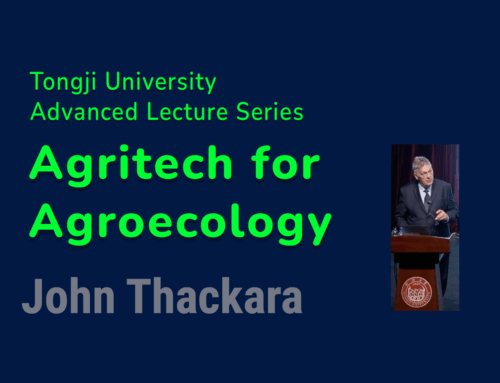What would it be like to be in and amongst a flock of crows?
In a soundscape called The Cave, it’s as if you are surrounded by crows and even interact with them.
At different moments one hears the call of a solitary crow; a communal chorus; the sound of mass fluttering when they all take off at once; or the barely audible cheeps of what seem to be intimate conversations.
You experience the soundscape inside a darkened translucent dome made of layered gauze screens that is bathed in multiple projections. The sounds are composed of 72 field recordings that you hear through eight concealed speakers.
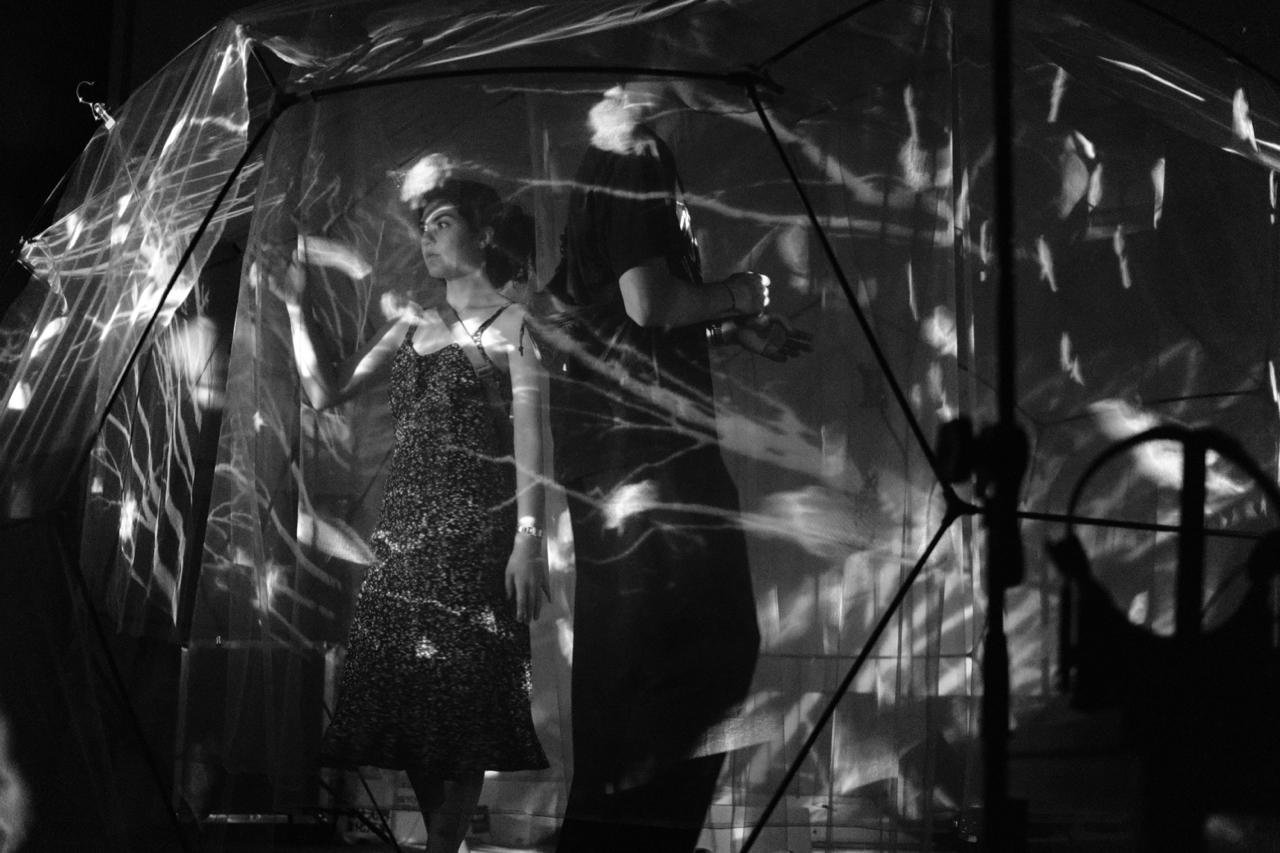
Qingyu Zhang*, who designed the installation, told me she named her piece after reading Plato’s Allegory of the Cave.
Reading Socrates’ cautionary words – that “there is more to reality than the shadows we see against the wall” – Zhang realised that her version of being in a cave with crows, while creating a real sense of proximity and intimacy, would never match the real thing.
But it did not need to.
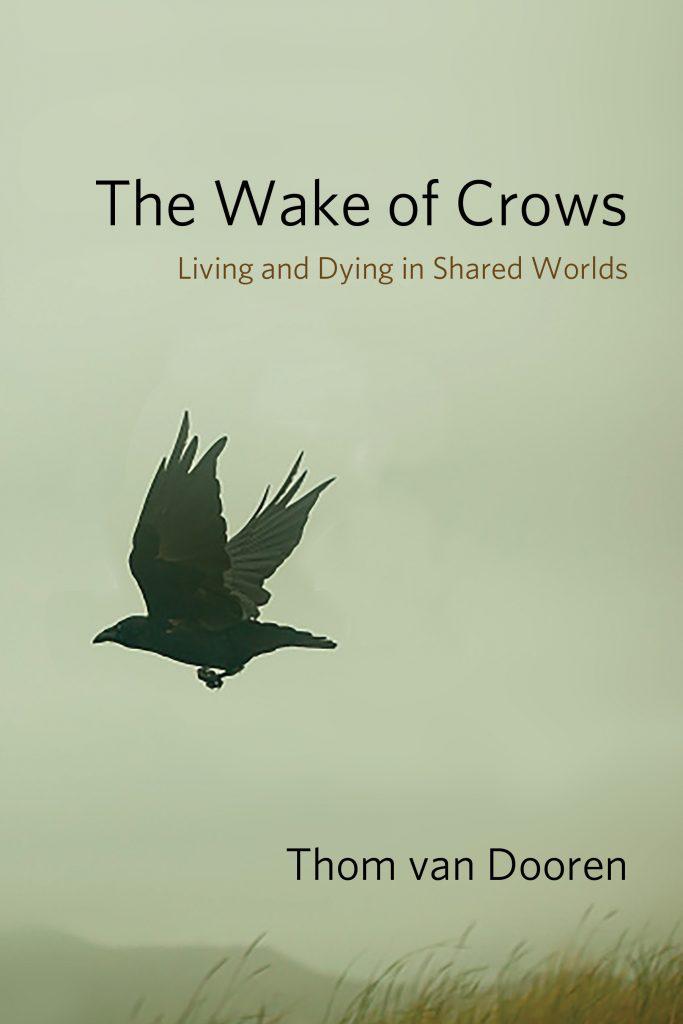
In The Wake of Crows, Thom van Dooren describes as ’field philosophy’ his research into people’s shifting relationships with crows around the world.
As I read van Dooren’s reflections on multispecies knowledge practices, I mentally changed his words field philosophy into ‘field design’ – and the narrative still made perfect sense.
Van Dooren says himself that he’s in a search for “new ethical approaches to the worlds we craft together”.
In design, the ways we pay attention to the ways of life of nonhuman others are therefore an important and sensitive matter.
As as our attention turns more-than-human contexts, we can learn from (and with) the artists, philosophers, and scientists who have been exploring multi-species knowledge practices for quite some years already.
We design people are not the first to seek new ways to spend time in, and learn about, these other worlds.
But by designing new ways knowing, design can add a new dimension to relationships with worlds we have all neglected for too long.
* Qingyu Zhang is a designer at Tongji University, D&I, Ecology and Cultures Innovation Lab
ecology.shanghai-visual.org
